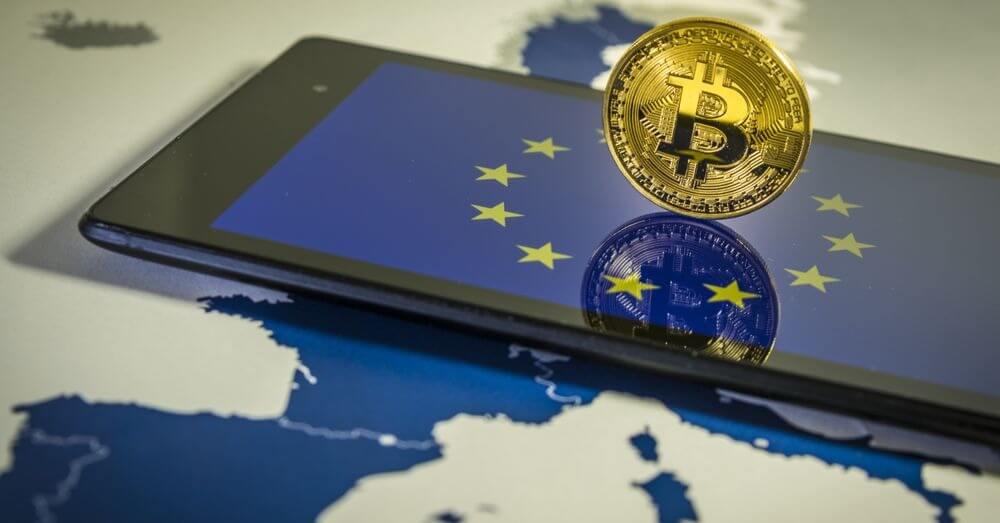
This week, the European Union put forward a new framework regarding the legality of digital assets and cryptocurrencies
Details of the new regulations were discussed at lengths on the organisation’s website and in the proposal documents. The goal of these regulations is to advance the market innovation-wise and extend the boons of digital finance to business and consumers alike.
The new framework is set to regulate many aspects of digital commerce with a focus mainly on crypto assets and DLT (distributed ledger) market infrastructures. The regulations shed some light on which assets should be regarded as crypto assets.
The framework will also provide consumer protection against unregulated crypto markets present today. It will regulate several parties in the crypto space, from crypto custody services to crypto exchanges. The objective of the framework is to improve the regulations surrounding crypto and blockchain, so that companies can feel secure using blockchain and digital assets.
The European Commission will be looking to build upon the pre-existing rules. The report indicates that many digital assets lie outside the EU financial services legislation scope. Technically, this implies they are liable to provisions on market integrity or consumer and investor protection, which, in turn, heightens the risk consumers and businesses face in the market. The EU is also lining up more regulations surrounding stablecoins.
This framework, unlike others, will be working towards regulating as many crypto and digital assets as possible. Currently, the number of virtual currencies in the market exceeds 7,000 virtual currencies, not to mention the thousands of services providers.
Successfully regulating this market will not only offer certainty, but will considerably lower the negative impacts that new assets might have on the economy. Many experts and analysts within the crypto space consider the proposed regulations as a step in the right direction.
Raoul Pal, the chief executive of Global Macro Investor and Real Vision Group, expressed his view on the matter, saying the framework is “hugely bullish.” He added that it portrayed the effort of governments in the adoption of blockchain technology and digital assets.

